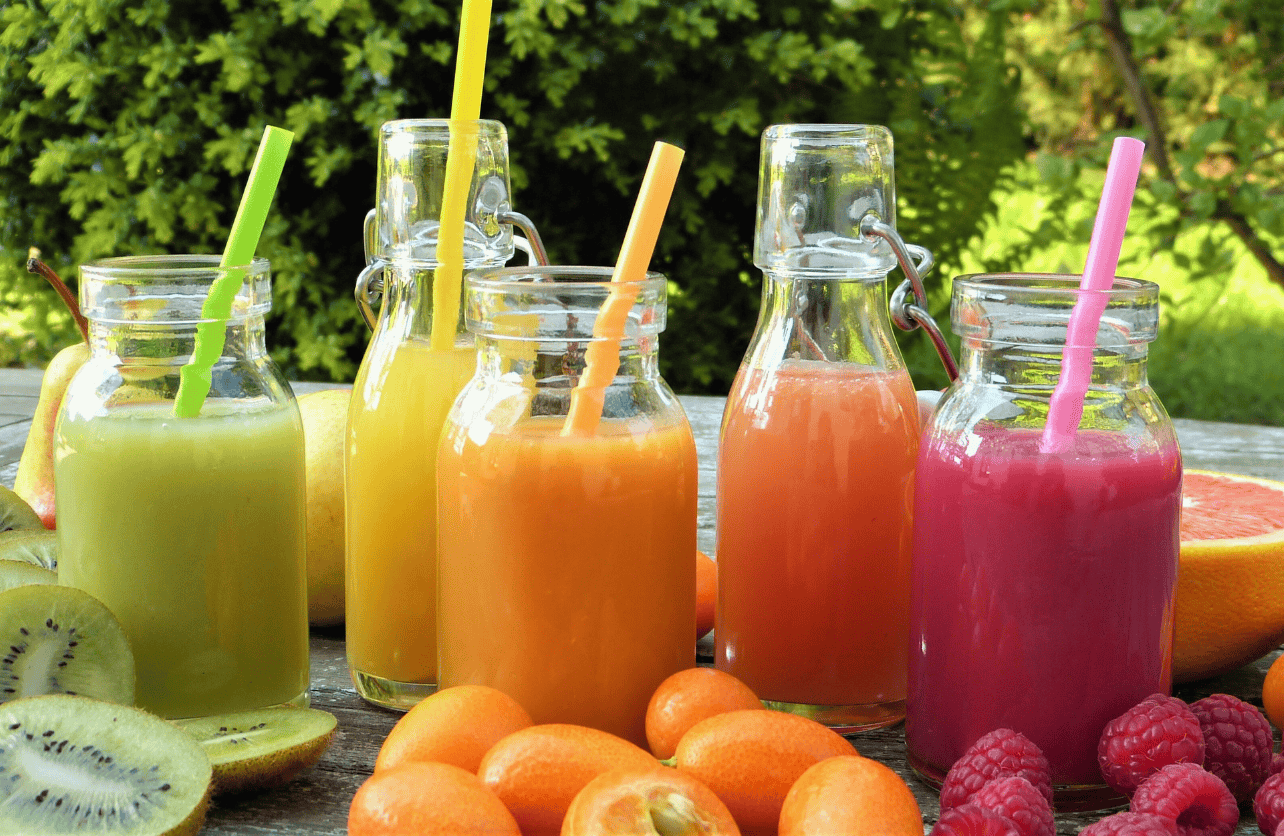The Best Fruits and Vegetables for Juicing (and What to Avoid)

Juicing is a fantastic way to pack a concentrated dose of vitamins, minerals, and antioxidants into your daily routine. However, not all fruits and vegetables are created equal when it comes to juicing. Some yield a refreshing, nutrient-dense drink, while others can result in bitter, pulpy, or even hard-to-digest juices. Whether you’re a juicing enthusiast or a beginner, knowing which ingredients to use—and which to avoid—can make all the difference.
The Best Fruits for Juicing
Apples – The Perfect Base
Apples provide natural sweetness and a smooth texture, making them an excellent base for almost any juice. They are packed with fiber, vitamin C, and polyphenols, which help reduce inflammation and support heart health. Green apples offer a slightly tart flavor, while red apples add more sweetness.
Oranges – A Vitamin C Powerhouse
Fresh orange juice is a classic, offering a burst of vitamin C, antioxidants, and hydration. Oranges juice well and pair beautifully with greens, carrots, and beets. Opt for whole oranges instead of store-bought juice to avoid added sugars and preservatives.
Pineapple – Sweet and Digestive-Friendly
Pineapple adds a tropical twist to juices and contains bromelain, an enzyme that aids digestion and reduces inflammation. Its natural sweetness balances the bitterness of leafy greens or the earthiness of beets.
Berries – Antioxidant-Rich Boosters
Strawberries, blueberries, raspberries, and blackberries are packed with antioxidants that fight oxidative stress. However, berries don’t yield much juice, so they are best blended or combined with high-juice fruits like apples or cucumbers.
Watermelon – Hydration Hero
With its high water content, watermelon is perfect for hydrating summer juices. It’s rich in lycopene, an antioxidant that promotes heart health, and naturally sweet, making it a great addition to green juices.
Lemons and Limes – The Ultimate Flavor Enhancers
A squeeze of lemon or lime enhances any juice by adding brightness and acidity. They also help preserve juice longer and boost vitamin C intake. Plus, their alkalizing effect supports digestion.
The Best Vegetables for Juicing
Carrots – A Beta-Carotene Superstar
Carrots add a natural sweetness and vibrant color to juices. They are packed with beta-carotene, which converts to vitamin A and supports vision, skin, and immune health. Carrots pair well with apples, oranges, and ginger.
Celery – The Ultimate Detox Vegetable
Celery is known for its hydrating properties and is rich in electrolytes and anti-inflammatory compounds. Celery juice has gained popularity for its digestive and detoxifying benefits.
Cucumbers – Refreshing and Hydrating
Cucumbers are high in water content and low in calories, making them an excellent base for light, refreshing juices. They also contain silica, which promotes healthy skin, hair, and nails.
Beets – Nutrient-Dense and Detoxifying
Beets add an earthy sweetness to juices and are rich in nitrates, which help improve blood circulation and athletic performance. Be careful not to overdo it, as beets have a strong flavor and can be overpowering.
Spinach – A Gentle Green
Spinach is one of the best leafy greens for juicing because it has a mild flavor and is packed with iron, folate, and vitamin K. It pairs well with apples, lemons, and cucumbers.
Kale – A Nutrient Powerhouse
Kale is one of the most nutrient-dense greens, rich in vitamin C, calcium, and antioxidants. However, it has a slightly bitter taste, so it’s best combined with sweet fruits like apples or pineapples.
Fruits and Vegetables to Avoid in Juicing
While most produce can be juiced, some may not yield good results or could cause digestive discomfort.
Bananas – Too Thick for Juicing
Bananas don’t contain enough water to juice properly. Instead, they are best used in smoothies for a creamy texture.
Avocados – Not Juicer-Friendly
Like bananas, avocados have a thick, creamy texture and don’t release liquid when juiced. They are better suited for blending.
Potatoes – Starchy and Bland
Raw potatoes don’t add much flavor and can be difficult to digest in juice form. If using potatoes for nutrients, sweet potatoes are a better alternative.
Eggplant – Bitter and Potentially Toxic
Eggplants contain solanine, a compound that can be toxic in large amounts when consumed raw. They also have a bitter taste that doesn’t complement juices well.
Onions and Garlic – Overpowering Flavors
While onions and garlic are incredibly healthy, their intense flavors can overpower a juice. If you want their benefits, try adding a small amount to blended soups or dishes instead.
Broccoli and Cauliflower – Hard to Digest
Cruciferous vegetables like broccoli and cauliflower are rich in fiber and nutrients, but they can cause bloating and gas when juiced raw. Steaming them first makes them easier to digest.
Juicing Tips for the Best Results
- Use a combination of sweet and tart flavors. If a juice tastes too bitter, balance it with naturally sweet fruits like apples, oranges, or pineapples.
- Drink your juice fresh. Fresh juice loses nutrients quickly, so drink it right after making it, or store it in an airtight container for up to 24 hours.
- Don’t forget fiber. Since juicing removes fiber, consider adding some back into your diet through whole fruits, chia seeds, or blending instead of juicing.
- Rotate your greens. Consuming the same greens daily can lead to oxalate buildup, which may cause kidney issues over time. Switch between spinach, kale, and other greens.
Building a Stronger You
Supplement Institute is the fruit of extensive online publishing experience, spanning the breadth of SEO strategies to the nuances of paid advertisements. Our journey, marked by significant achievements and learning moments, inspires our core mission: to empower our readers with an abundance of information. By sharing insights and key learnings, we aim to provide you with the knowledge needed to navigate the complex world of supplements, helping you make well-informed decisions for your health and well-being. Welcome to Supplement Institute, where information is your greatest supplement.